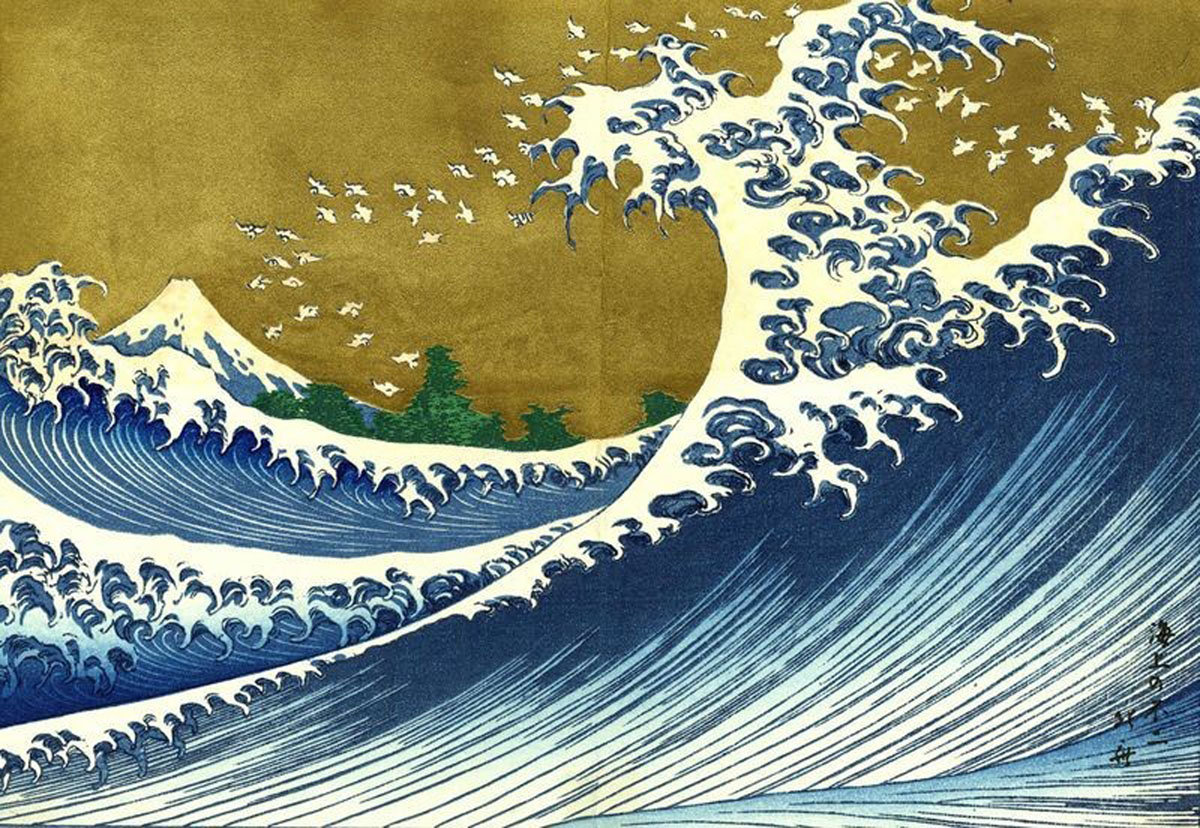The massive 8.9/9.0 Sendai earthquake of March 11, 2011 was the largest largest earthquake within the boundaries of the North American and Pacific tectonic plates in 1,200 years. It is a disaster of biblical proportions and its tentacles will reach deep into Japanese history for generations to come. And it could not have come at a worse time. The Japanese economy was fragile even before the quake, and they are going to need a great deal of help. Text “asia” to 30333 to make $5 donation to the Canadian Red Cross. Text “redcross” to 90999 to make a $10 donation to the American Red Cross. Text “japan” or “quake” to 80888 to make a $10 donation to The Salvation Army.
As a result of this tragedy, my mind and thoughts have been completely preoccupied with all-things Japan. The contributions that Japan has made to the advancement of culture, spirituality, knowledge, and civilization in general is so vast it would be nearly impossible to imagine what our world would be like without them. At the moment, I find myself admiring the extraordinary Japanese woodcuts from the mid 1700s. In particular this one by Katsushika Hokusai (1760-1849). Hokusai created this stunning picture around 1831, and it is known as The Great Wave Off Kanagawa. It is a fairly small color woodcut measuring 10″ x 15″ (25cm x 37cm). The original is at the Hakone Museum in Japan.
The earthquake that shook this part of the world this weekend triggered a massive tsunami that went around the entire Pacific Rim, and is responsible for the deaths of thousands of people in Japan (especially in the port city of Minamisanriku). It certainly gives an entirely new somber depth of meaning to the water-themed works of art that are such an enormous part of Japanese art history.



